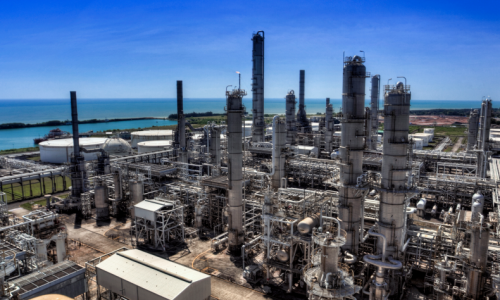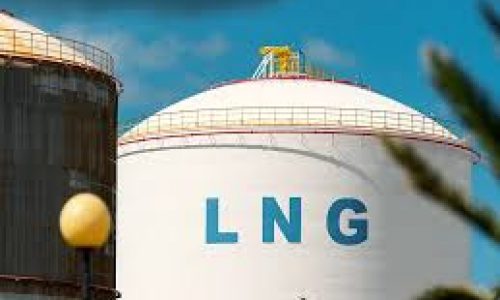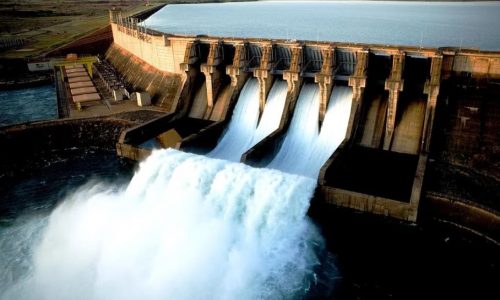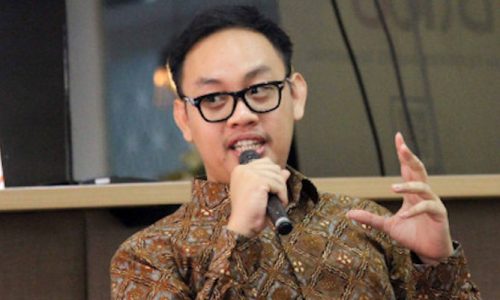Vale Base Metals has pledged to invest US$ 10 billion (IDR 153 trillion) over the next decade to accommodate the rising demand for metals such as nickel and copper, essential for electric vehicle (EV) production in Indonesia.
Deshnee Naidoo, Chief Executive Officer of Vale Base Metals, stated that this investment is part of the company’s plan to allocate US$ 25 billion to US$ 30 billion for new projects in Brazil, Canada, and Indonesia over the next ten years.
The commitment aligns with Indonesia’s ambition to become a hub for battery raw materials and electric vehicles, leveraging its vast reserves of nickel ore, copper, and bauxite for aluminum production.
Vale Base Metals, through its subsidiary PT Vale Indonesia Tbk (INCO), is currently developing two High-Pressure Acid Leaching (HPAL) smelters in collaboration with China’s Zhejiang Huayou Cobalt Co and other partners. These smelters will produce mixed hydroxide precipitate (MHP) from nickel, a crucial material for EV battery manufacturing.
Vale is also partnering with China’s Shandong Xinhai Technology Co. Ltd and a subsidiary of China Baowu Steel Group Corp. Ltd to build a ferro-nickel smelter. This project will significantly increase Vale Indonesia’s refining capacity from approximately 75,000 metric tons per year to nearly 300,000 metric tons per year.
Naidoo emphasized the company’s commitment to these investments, stating that if all plans proceed smoothly, they could be realized within the next five to eight years. Vale is dedicated to supporting the growing demand for metals in the EV industry.
In Pomalaa, the company has invested US$ 1 billion in a nickel mine and initiated the construction of a US$ 3.5 billion HPAL smelter in collaboration with Huayou and American automaker Ford Motors.
The investment signifies Vale Base Metals’ dedication to contributing to the global transition towards electric mobility while harnessing Indonesia’s abundant natural resources for the production of essential EV components.









